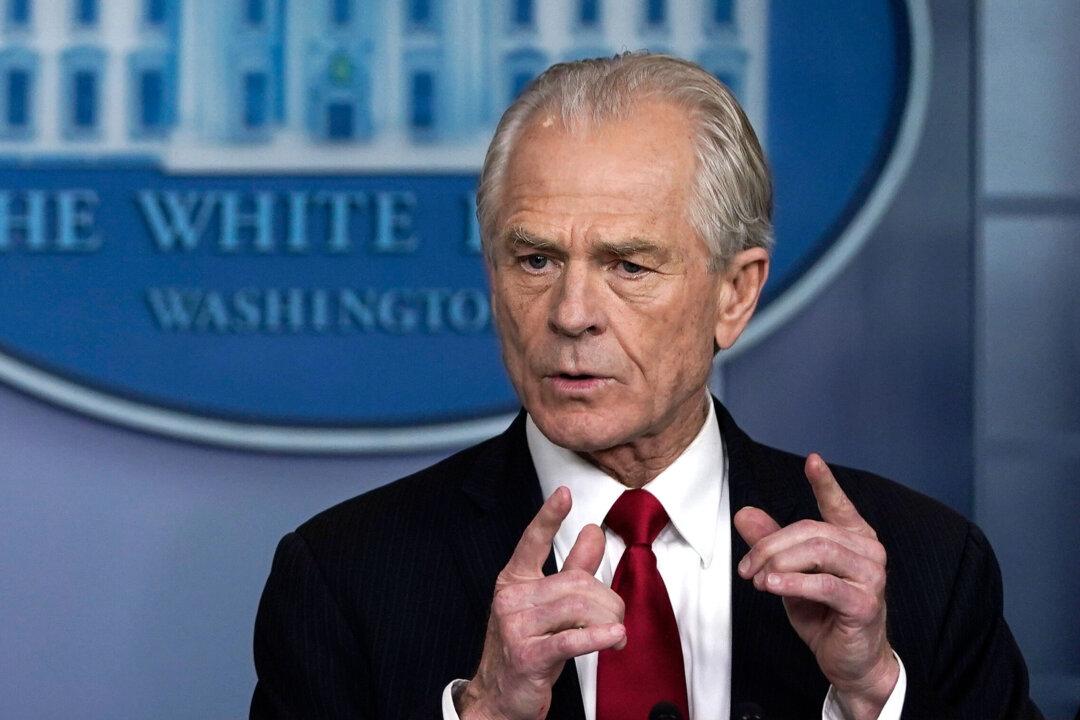White House trade adviser Peter Navarro says he expects President Donald Trump will take “strong action” against Chinese-owned TikTok and WeChat.
Navarro told Fox News on July 12 to expect that the president will take action against social media apps for engaging in “information warfare” against the United States. These include China’s largest messaging app WeChat, owned by tech giant Tencent, and ByteDance’s TikTok, which has attracted heightened scrutiny due to surveillance and censorship concerns.





